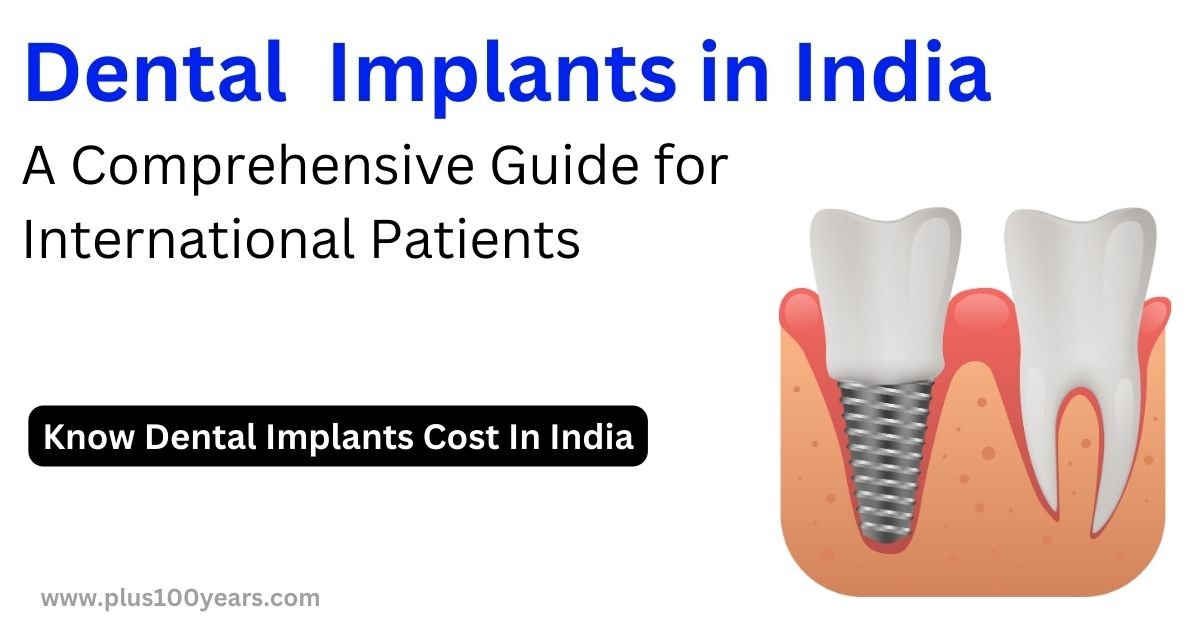Updated: 15-04-2025
Bleeding gums are a common problem.
However, whenever you see blood on the bristles of your toothbrush or in the sink while cleaning your teeth, you must take immediate action.
Bleeding Gums: Symptoms, Causes, and Treatment.
According to the president of the Canadian Dental Association from Manitoba, Dr. Peter Doig, eating coarse food can cause scratches on your gums, leading to bleeding gums.
However, when the blood starts showing regularly while you floss or brush your teeth, it is time to take it seriously and consult a good dentist.
Start searching for a dentist near me.
Causes of Bleeding Gums
- When the plaque builds up on the gum line, it can lead to bleeding gums.
- When left untreated, it can lead to inflamed gums known as gingivitis.
- Plaque not removed hardens into tartar and leads to profuse bleeding.
- It can cause advanced jawbone and gum disease known as periodontitis.
- Bleeding Disorder
- Brushing hard
- Ill-fitting dentures/dental appliances
- Hormonal changes, especially during pregnancy
- Idiopathic thrombocytopenic purpura
- Improper flossing
- Leukemia
- Gum- or tooth-related infection
- Using blood thinners
- Scurvy
- Deficiency of vitamin K
How to Take Care of Bleeding Gums at Home?
As a precautionary measure, you must visit the dentist at least once every six months and get the plaque removed.
Here are some of the instructions that will help you maintain your gums in good condition:
- Use a soft-bristled toothbrush and brush your teeth gently twice a day.
- Many doctors advise brushing after every meal.
- If you have too many dental problems, especially bleeding gums and plaque, the dentist may advise you to rinse with hydrogen peroxide and water or with salt water.
- You must floss your teeth at least twice a day to prevent the buildup of plaque.
- Avoiding snacks between meals
- For kids’ dental issues, consult a kids’ dentist.
- They examine our kids’ dental problems
- Eating a low-carbohydrate, healthy, and balanced diet also helps.
Other Helpful Tips
- For regular problems of bleeding gums, go for a periodontal exam.
- Avoid using tobacco as it increases the problem
- You can control the bleeding by applying pressure on the gums directly using an ice-cold gauze pad.
- In case you are having a vitamin deficiency, you may be advised to take vitamin supplements
- Do not take aspirin without consulting your caregiver
- In case you are suffering from any side effects from the prescribed medicine, talk to the doctor.
- Do not change the medicine without consulting your doctor.
- You can massage the gums using an oral irrigation device adjusted to low settings.
When should you consult a health expert?
You need to talk to your health expert if:
- The gums keep on bleeding for a long time, severely, and the problem has turned chronic
- Your gums continue to bleed despite the treatment
- You have other health problems accompanying the bleeding gums.
Tests and Diagnoses for Bleeding Gums
At first, the dentist will examine the condition of your gums and teeth and ask you questions to find out the causes of bleeding gums.
The questions will be mostly on your diet and the medications that you take regularly.
Some of the tests you might be asked to take are
- X-rays of the jawbone and teeth
- CBC or blood differential-related blood studies.
We welcome your comments on this post
Author’s bio :
Dr. Kadiyala Vamsi Krishna, B.D.S



